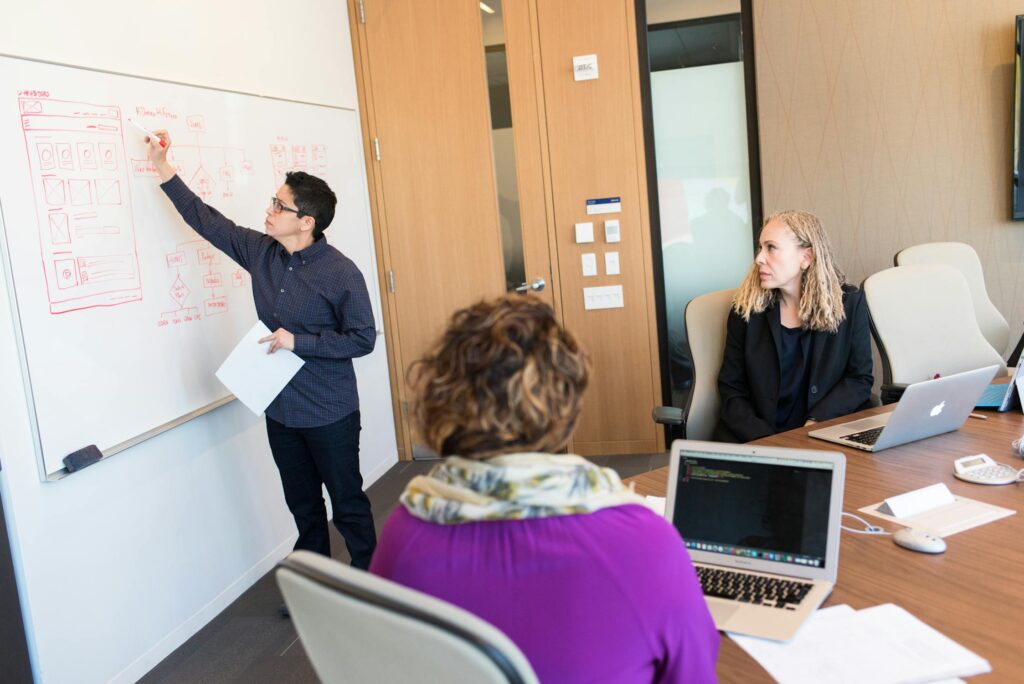
In the realm of Human Resources, effective leadership is a driving force that propels the success of any organization. Leaders in this field are not only responsible for directing teams but also for inspiring, motivating, and developing talent within the company. How can you adopt the role of an effective leader in Human Resources and make a significant difference in your organization? Here’s a practical guide to help you discover and enhance your leadership skills:
1. Self-awareness and Authenticity: The first step to becoming an effective leader is understanding your own strengths, weaknesses, and values. Authenticity is key in leadership, as it allows you to establish genuine connections with your team. Take the time to reflect on who you are as a leader and how you can use your unique qualities to inspire others.
2. Skill Development: Effective leadership in Human Resources requires a combination of technical and soft skills. Invest in your professional development by participating in training programs, obtaining relevant certifications, and seeking opportunities to improve your communication, time management, and conflict resolution skills.
3. Empathy and Active Listening: As a leader in Human Resources, it’s essential to show empathy towards members of your team. Actively listen to their concerns, needs, and suggestions, and demonstrate a genuine interest in their well-being. Empathy strengthens the bonds between leader and team, creating a more collaborative and understanding work environment.
4. Strategic Vision: An effective leader in Human Resources not only focuses on daily tasks but also has a clear vision of the bigger picture. Develop a deep understanding of the organization’s goals and objectives, and work collaboratively with other departments to align human resources strategies with the company’s mission and vision.
5. Individual and Collective Development: Part of the leadership role in Human Resources involves the continuous development and growth of the team. Implement personalized training and development programs, provide constructive feedback, and create opportunities for team members to take on new challenges and responsibilities.
6. Inspirational Leadership: Inspire your team by sharing your vision, setting challenging goals, and recognizing and celebrating achievements. Be a role model for your colleagues, demonstrating integrity, passion, and dedication in everything you do. An inspirational leader motivates others to reach their full potential and work together towards a common goal.
7. Adaptability and Resilience: In an ever-changing business environment, adaptability and resilience are essential qualities for an effective leader in Human Resources. Be flexible in the face of challenges and learn to manage change effectively, always maintaining a positive attitude and focusing on finding solutions.
Adopting the role of an effective leader in Human Resources is a continuous journey of self-exploration, learning, and growth. By developing your leadership skills, cultivating strong relationships with your team, and maintaining a strategic vision, you can make a significant difference in your organization and in the lives of those you lead. Remember, effective leadership begins from within, so start by discovering the inspirational leader within you!

